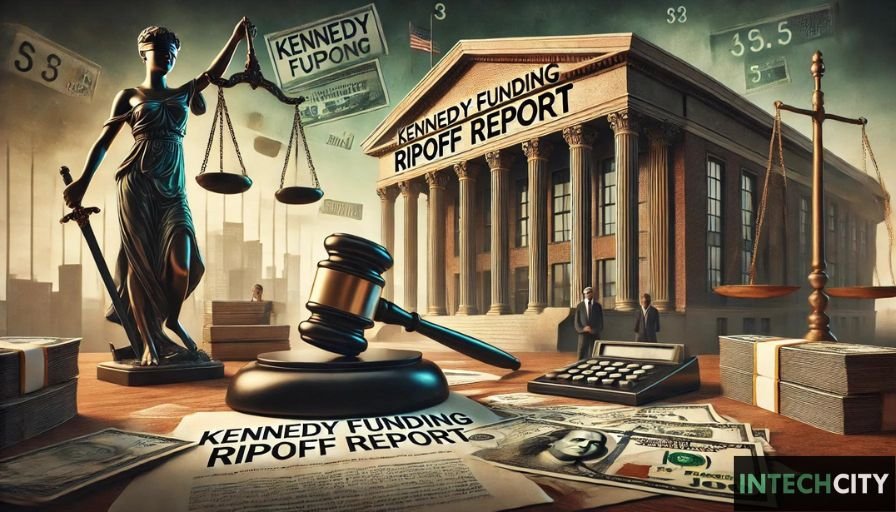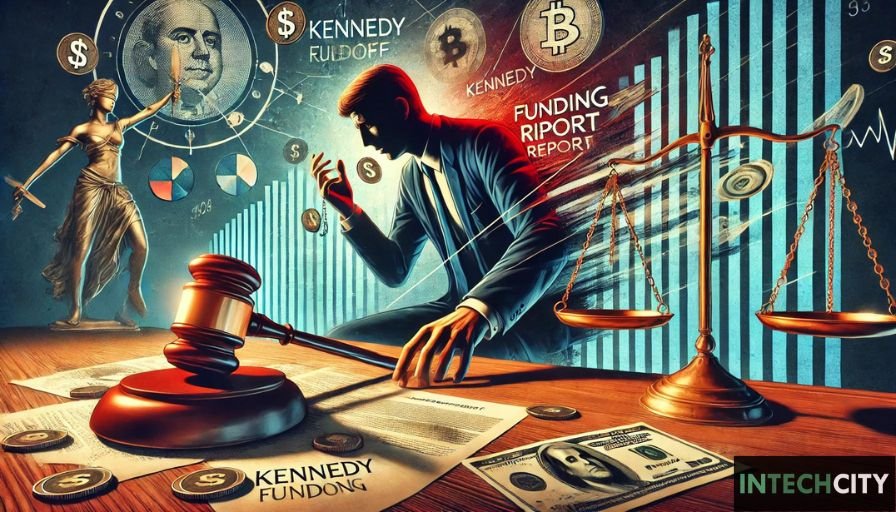Kennedy Funding, a prominent commercial real estate lender, has faced numerous allegations and complaints reported on platforms like Ripoff Report. These claims have brought attention to various issues related to their lending practices, leading to legal battles and significant public scrutiny. This article delves into the allegations, Kennedy Funding’s responses, and the broader implications for the lending industry.
Background of Kennedy Funding
Company Overview
Kennedy Funding is known for its expertise in providing commercial bridge loans for real estate transactions, including property acquisitions, developments, and refinancing. With over $3 billion in loans funded, the company has a significant presence in the industry, offering quick and flexible financing solutions.
Allegations and Complaints
Misrepresentation and Hidden Fees
Several borrowers have accused Kennedy Funding of misrepresenting loan terms and conditions, leading to unexpected financial burdens. There have been reports of hidden fees not disclosed upfront, causing significant issues for borrowers who found themselves owing much more than anticipated.
Pressure Tactics
Complaints also highlight the use of aggressive pressure tactics by Kennedy Funding to coerce borrowers into accepting unfavorable loan terms. Borrowers have reported feeling forced into agreements due to the urgency and high-pressure environment created by the company’s representatives.
Lack of Transparency
A critical issue raised in many reports is the lack of transparency in Kennedy Funding’s dealings. Borrowers and investors alike have expressed concerns over insufficient disclosure of crucial information, leading to mistrust and financial difficulties.
Legal Proceedings and Current Status

Notable Cases
One prominent case involves Virgil Shelton, the former owner of Rest in Peace Cemetery in Hensley, Arkansas, who sued Kennedy Funding over allegations of breach of contract and fraud. The court awarded Shelton $1,675,000, a decision that Kennedy Funding appealed, further complicating the legal landscape.
Company’s Response
In response to these allegations, Kennedy Funding has denied any wrongdoing and maintained that their business practices are ethical and legal. They argue that their interest rates and fees are transparent and reflect the higher risks associated with hard money lending. Moreover, they emphasize their commitment to resolving any legitimate complaints through their participation in Ripoff Report’s Corporate Advocacy Program.
Impact on Borrowers and Investors
Financial Consequences
The allegations have had severe financial consequences for many borrowers, leading to defaults and damaged credit scores. Investors have also suffered losses due to the perceived lack of transparency and ethical practices within the company.
Media and Public Reaction
The extensive media coverage has amplified the public’s negative perception of Kennedy Funding. Social media platforms are rife with posts condemning the company’s practices, calling for greater accountability and transparency in their operations.
Lessons Learned and Future Implications
Regulatory Oversight
The unfolding events around Kennedy Funding underscore the need for stringent regulatory oversight in the lending industry. Ensuring that lenders adhere to ethical standards and transparent practices is crucial in maintaining trust and stability in the financial sector.
Ethical Business Practices
For companies like Kennedy Funding, these incidents highlight the importance of maintaining ethical business practices. Transparent communication, fair treatment of borrowers, and adherence to regulatory standards are essential in building and sustaining a reputable business.
Conclusion
The Kennedy Funding ripoff reports and subsequent legal actions reveal significant challenges and concerns within the commercial lending industry. While Kennedy Funding has taken steps to address some complaints, the broader implications of these issues call for ongoing vigilance and reform. As the industry evolves, maintaining ethical standards and transparent practices will be crucial in ensuring fair and trustworthy lending environments for all parties involved.

